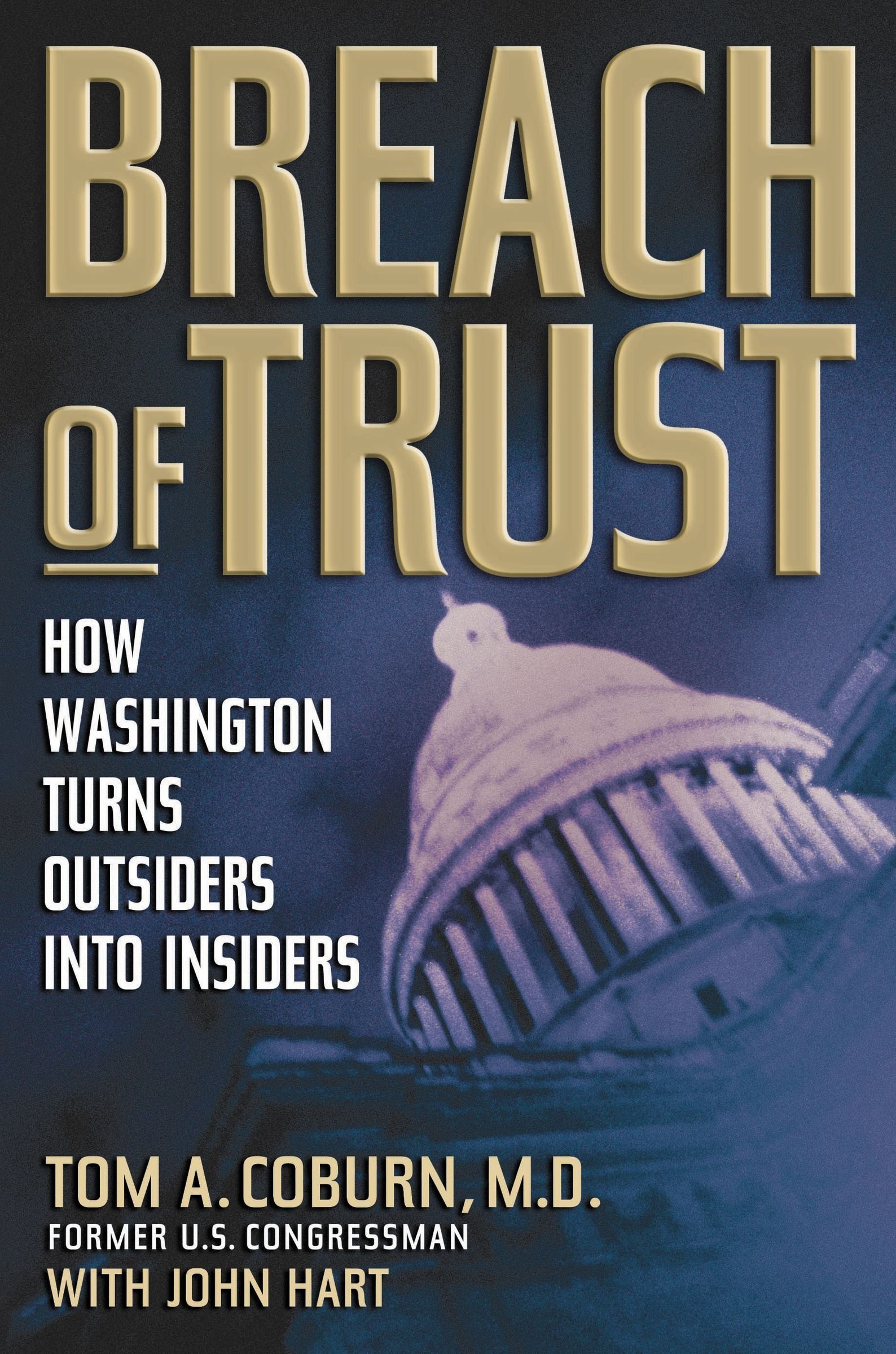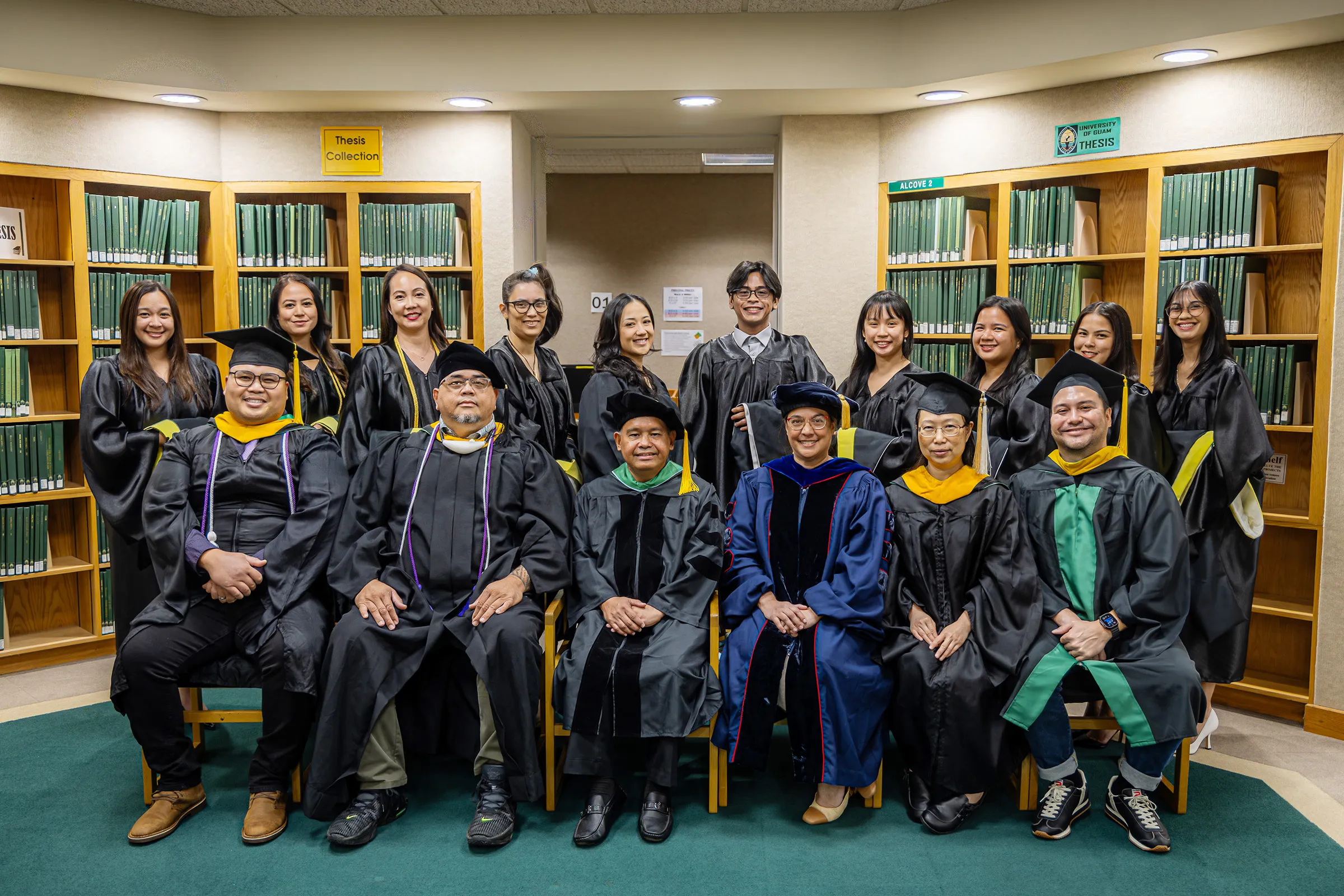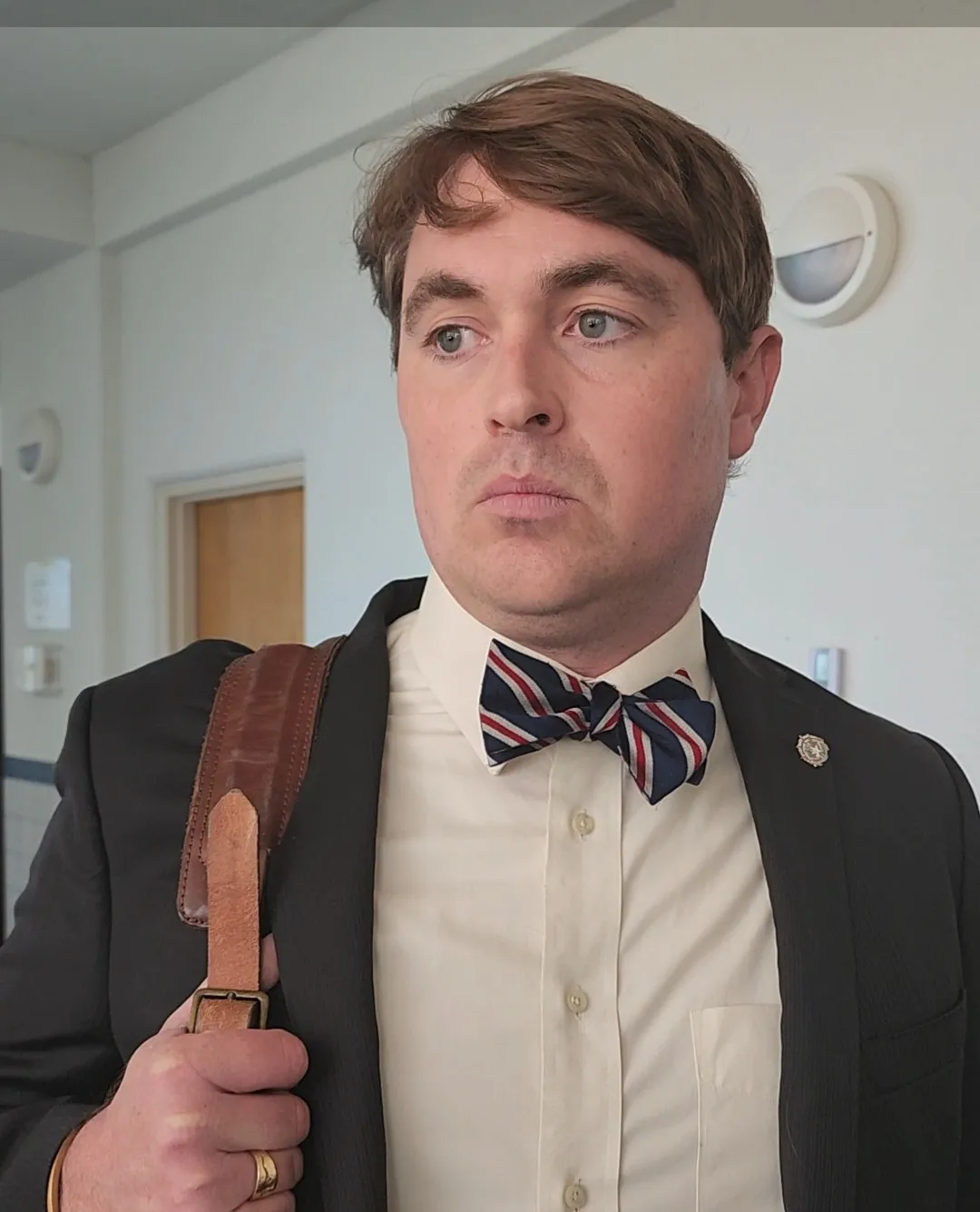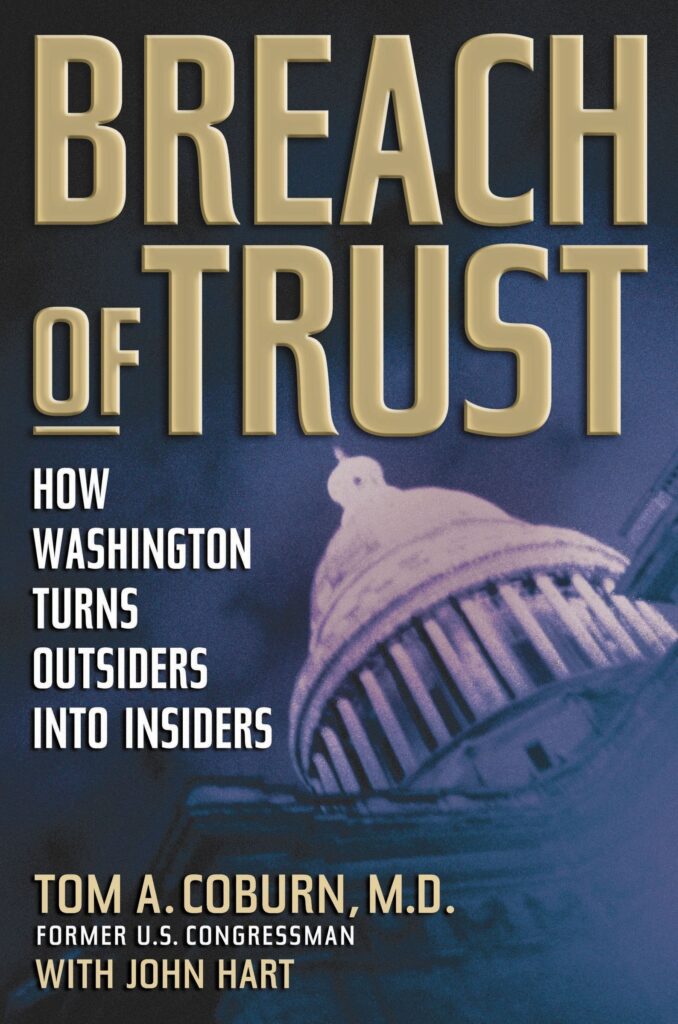
THE next CNMI election is about 17 months away, but it seems that the campaign season has already started. But then again, did it ever end? Walter Lippmann once said that in politics, there is no concluding chapter — there’s only more politics.
Dissatisfaction with politics is as old as…politics. Then and now, and all over the world, many people are against “politicking” and are disgusted by its downsides — partisan fighting, gridlock, special interests, corruption, public distrust, disconnection from constituents, lack of accountability, ethical lapses, the prioritization of personal or party agendas over national interests, among other grievances that are as old as, well, politics.
In 1994, a family physician in Muskogee, Oklahoma decided to do something about his frustration with the federal government and how it operated. He believed Washington was “out of touch with ordinary Americans.” He wanted change. He decided to run for the U.S. House of Representatives. He knew, however, that he was “too direct and too bullheaded to succeed in the ‘go along to get along’ world of politics.” “I had no political background,” he said, “no political sense, and no knowledge of how to get actively involved…. Politics just wasn’t my style.”
Tom A. Coburn, MD ran for office anyway because, as he wrote in “Breach of Trust,” “if those of us on the outside didn’t make an attempt to change things they would never change.” He saw Washington “as a city dominated by self-serving career politicians who were more concerned with protecting their positions than responding to the needs of the country.” He was critical of the “privileged political elite who justify their existence by spending our money, raising our taxes and regulating our lives.”
Coburn won and became the first Republican to represent his district since 1920. It was an earthshaking election. The GOP, offering a plan for change called the “Contract with America,” captured unified control of Congress for the first time since 1952, gaining eight seats in the Senate and a net of 54 seats in the House. It was the largest swing in House seats in nearly half a century, and it ended four decades of almost uninterrupted Democratic control of the House. Among the Democrats who lost was the House speaker, Tom Foley. (As a young liberal at the time, I wrote an editorial bemoaning the 1994 election results and the “darkness” that America’s angry voters had embraced. What can I say. Liberals love dramatic, morality-infused “narratives.”)
Coburn, in any case, was among the 73 fire-breathing Republican freshmen who, he would later admit, “did not anticipate how difficult it would be for Republicans to put the genie of big government back in its bottle.”
The subtitle of his 2003 book, which is part memoir and part political critique, is “How Washington Turns Outsiders into Insiders.”
As a member of Congress, he learned how power was distributed on Capitol Hill. “The greatest pleasure in the world is to spend someone else’s money.” Coburn also realized that even though the people despise big government generally, they love it specifically. He quoted a fellow Republican congressman, Arizona’s Jim Shadegg, as saying, “There are all kinds of people who come in to see me and say they are card-carrying conservatives, but [they] need money for this one project.” Or as Coburn himself would put it, “The public expects politicians to be for fiscal responsibility in every district but their own.” The public has long learned, he added, that it can vote money for itself from the treasury. “The career politicians who cater to these desires are nearly intractable.”
Coburn noted that economist and columnist Walter Williams summed up this aspect of the problem well: “Today’s politicians can’t be held fully responsible for our growing constitutional contempt…. The lion’s share of the blame rest with [the public]. Our elected officials simply mirror our…desire to live at the expense of our fellow Americans.”
Coburn said he and the rest of the Class of 1994 were on a mission, and had the zeal and determination “to overturn the old regime.” Alas, he said, they “badly underestimated what career Republicans who had never been in the majority would do to remain in the majority.”
As The Who would put it, “Meet the new boss, same as the old boss.”
“Long-term vision,” Coburn said, “and the long-term interests of the country are continually sacrificed at the altar of short-term political expediency.”
In his final year in office — he had promised to serve only three terms — the libertarian Cato Institute noted that the Republican Congress was “well on its way to becoming the largest-spending Congress on domestic social programs since the late 1970s, when [Democrat] Jimmy Carter sat in the Oval Office and [Democrat] Thomas ‘Tip’ O’Neill was Speaker of the House.”
“And the end of all our exploring,” T.S. Eliot wrote, “Will be to arrive where we started.”
In his message to his constituents before he left Congress, Coburn admitted that “we failed to change Washington. Instead, Washington changed the new majority…. [W]hat happened in Washington…reveals more about human nature and the addictive quality of power than the failings of either party.”
Among his proposed “solutions” are term limits. Still, he said, “changes in institutional and political structures can at best contain, but not correct or reform, the human tendency to abandon principle for short-term gain. The real battle is won or lost in the hearts and minds of politicians…. [A] system of internal checks and balances would, more than anything else, determine the outcome of this battle….” Or as the ancients would put it, those who want to govern others should learn how to govern themselves.
In 2004, Coburn returned to politics and won a seat in the U.S. Senate. He was re-elected in 2010. He vowed to serve two terms only, and that he did. Due to his declining health — he had been diagnosed with prostate cancer — he resigned before his term ended. He passed away in March 2020. He was 72.
Among his closest friends was President Obama. “I love the man,” Coburn said. “I think he’s a neat man…. I disagree with him adamantly on 95% of the issues, but that doesn’t mean I can’t have a great relationship. And that’s a model people ought to follow.”
Agreed.
Send feedback to editor@mvariety.com










